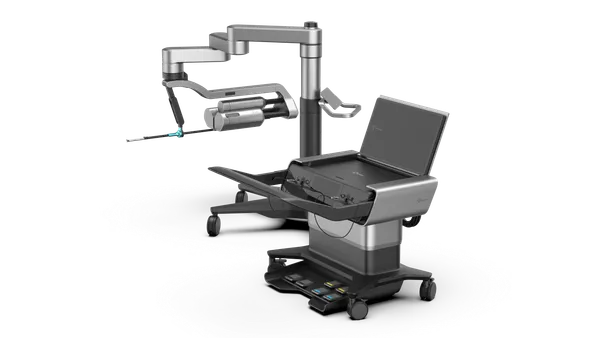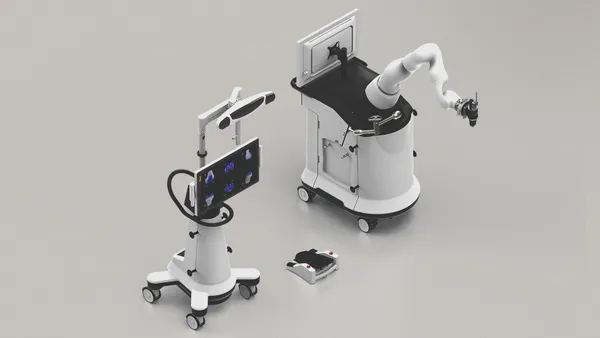Dive Brief:
-
A clinical trial has linked Biotronik's Orsiro stent to a lower rate of target lesion failure (TLF) than Abbott's Xience.
-
The findings, which come months after Orsiro beat Medtronic's Resolute Integrity in another test, provide further evidence that stents with "ultrathin" struts improve certain outcomes.
- Writing in The Lancet on Saturday, researchers attributed Orsiro's performance to the lower rate of target lesion revascularization among patients treated with Biotronik's device.
Dive Insight:
Biotronik received premarket approval for Orsiro in February on the strength of clinical data linking it to a lower two-year TLF rate than Xience in patients with ischemic heart disease. Since then, Biotronik has continued to gather evidence its stent outperforms its older rivals.
The latest readout comes from a study of 1,300 acute myocardial infarction patients. After one year, 4% of patients who received Orsiro had suffered TLF, compared to 6% in the Xience arm. TLF is a composite endpoint that combines cardiac death, target vessel myocardial infarction and clinically driven target lesion revascularization.
Divergent rates of target lesion revascularization drove the difference in TLF between the two arms of the trial. The revascularization rate in the Orsiro arm was 1%, compared to 3% in the Xience arm. The rates of cardiac death and target vessel myocardial reinfarction were the same in each arm, 3% and 1%, respectively.
The data differ from those that persuaded FDA to approve Orsiro, notably because those results saw Biotronik's stent outperform Xience in terms of the rate of target vessel myocardial infarction. However, the overall dataset supports the rationale for making ultrathin stents from biodegradable materials.
"Newer generation drug-eluting stents that combine thinner stent platforms with biodegradable or biocompatible polymer coatings have been introduced with the intent to further reduce thrombogenicity and vascular injury, accelerate endothelialisation and potentially improve clinical outcomes," the authors of the Lancet paper wrote.
The potential therapeutic impact of thinner struts has caught the attention of other companies. Medtronic has a successor to Resolute Integrity with thinner struts, called Resolute Onyx, that matched Orsiro in a clinical trial last year.
However, Orsiro remains an unusually low-profile device. At 60 μm, the Orsiro struts are far thinner than even those of Resolute Onyx, which measure 81 μm. Micell's MiStent gets closer to Orsiro, with its struts measuring 64 μm.











